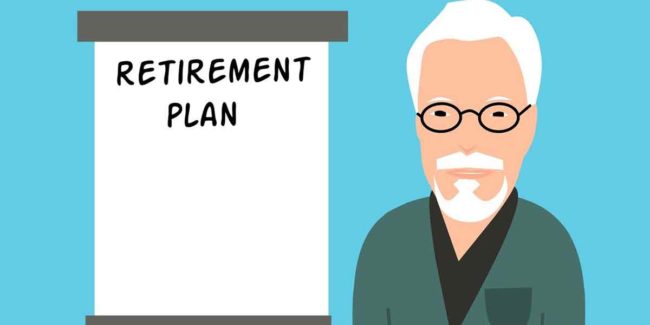Estate Planning
Estate planning comprises a meticulous process that undertakes planning for situations where a person wouldn’t be able to make their own decisions due to a disability or in the case of their passing. The term estate refers to the property one might own; both tangible and intangible. Your property could be hard cash, bank accounts, property, cars, jewelry, insurance, retirement, investments, savings, etc.
Bequeathing assets to heirs / beneficiaries or an institution and planning for incapacity remain main reasons for planning. However, that’s not all estate planning is limited to. Under this umbrella term, there are various other details that can be defined and elaborated.
Estate planning allows you to:
- Protect assets
- Medicaid planning
- Designate a guardian for a minor child
- Designate a healthcare proxy that can make medical decisions on your behalf
- Use it for Medicaid planning for long-term care
- Document end-of-life preferences
You also decide on a power of attorney that can make financial decisions and carry out tasks such as paying bills, settling debt, legal or business decisions, and manage an investment portfolio. When carried out with an estate planning attorney, it can be used to reduce or eliminate taxes.
Here you’ll find yourself perusing through a plethora of articles that could be your resource when you’re learning what planning is all about. You can begin by understanding the bare bones of planning and make your way up, studying different types of planning tools, what mistakes to avoid, what myths to not believe, and more.
Scenario Andrew owns property in different states in the country, while Arnold owns property in New York exclusively. Do their estates go through the same probate process when they pass away? If the deceased owns all his property in a single county in New York, there is no need to consider switching the probate case…
Scenario Jane had heard about probate from friends and the media; she had never thought that it would reach a time when she would have to experience the process first-hand. She always knew that probate was something for other people, but when her husband died without a will, she was ushered into the deep end…
Ownership of assets falls into various categories – those that you own individually and those tied to statutes or contract, which govern the handover of ownership to a beneficiary. Do you know that since more than 50 percent of people lack wills, the probate process is standard? Why You Need to Differentiate Between Probate and…
The probate process can be stress-free if the circumstances are right, but it can be tough if these circumstances change. When in probate, things can quickly move in any direction. You find that the person you regarded to be your blood brother turns against you and challenges the will, just because you got more than…
Owning a property in another state might be a good thing when you are alive, but when you pass away, it becomes a huge issue. Ancillary probate is the process that helps you distribute this out-of-state property to your family. This means that you have to come up with two probate processes, the primary one…
Being in the military is a blessing – you get to serve your country and make your family proud. It is also a way to get income because you can turn it into a career. But time comes when you have to take off your uniform, and possibly take a civilian job somewhere else. When…
We have seen how cost comes into plan in the previous part of this series. When you spend little, you might end up with little protection. Additionally, when you spend too much for little protection, it doesn’t make sense. Make sure you balance the size of your estate to the cost. Here are other principles…
The second part of the series on principles of asset planning looks at other principles that make your asset protection plan the best. With so many loopholes, you need to make sure that what you come up with is foolproof. Let us get down to business. Keep it Simple Many planners think that success comes…
A wide range of issues arise during the probate process that needs the expert services of a probate lawyer for resolution. While many people feel that they can handle the issues themselves without the help of a lawyer, the outcome of such a move is not predictable and is ill-advised. Disadvantages of Self-Representation during Probate…
We have liabilities that affect the business end of your life, and we have those that affect your personal life and family. These liabilities will put at risk the assets that you own with your family, and might lead to attachment by creditors. The car might be repossessed or the house foreclosed. Let us explore…









